UU History: Our European and North American Roots
Starting with a Spanish doctor
The insight giving rise to the word “Unitarian” goes back to Michael Servetus (1511-1553), a Spanish doctor. In his time the Jews and Muslims of Spain were being dispossessed, killed and driven out of the country for denying the Christian doctrine of the Trinity. The Trinity is the doctrine that while God is essentially one, God is at the same time three persons, the Father, the Son and the Holy Spirit. Jews and Muslims hold that God’s essential oneness entails that human beings, including Jesus, while children of God, are nonetheless beings other than God.
Servetus discovered that in the uncorrupted Greek New Testament there was no text to justify the Christian doctrine of the Trinity. He published two books arguing for a Christian view of Jesus more compatible with Jewish and Islamic monotheism. His writings helped influence radical Christian thought towards a unitary view of God. Hence the word “Unitarian” – God as unity, or one.
The emphasis on sensible, ethical religion which characterizes Unitarianism goes back to a reform movement of Christians in Italy in the 1530s and 1540s who drew on the humanism and enlightened Catholicism of Erasmus as much as on Protestant thought. Its leaders included Juan de Valdes and Bernadine Ochino. Driven from Italy by persecution, the movement spread its ideas and those of Servetus.
From Italy to Poland to Transylvania
One Italian, Faustus Socinus, settled among the Polish Brethren, a radical reformation movement. It formed many local churches and a large commune at Rakow in Poland. There, an open university with freedom of religious ideas (an unheard of innovation in those days) and a publishing press spread Unitarian ideas, then known as Socinianism, throughout Europe, winning over such individuals in England as Isaac Newton and John Locke. Voltaire, who spent two years in England in the 1720s, introduced Socinian ideas and Unitarians among others to France in his much-discussed book Letters Concerning the English Nation, thereby beginning the popular spread of the Enlightenment in France.
Mounting persecution drove the Polish Brethren from their own country in 1659. They went to the Netherlands and to the Unitarians in Transylvania. Unitarianism, begun in Transylvania and Hungary in the 1560s, took permanent root there, where Unitarian churches have now been for well over four centuries.
English Unitarianism
In England, the emergence of organized Unitarianism was slow. For centuries professing Unitarian ideas was a criminal offence. Unitarians were banned from public office until 1828. The majority of the English Presbyterians in time became Unitarians, keeping their property and organizations through their gradual evolution, forming with congregations from other denominations the British Unitarian Association in 1825. (The people we know today as Presbyterians are mostly Scottish in origin.)
Crossing to North America
Unitarianism and Universalism came to this continent over two centuries ago. John Murray brought his Universalism with him from England, preaching his first sermon in America in 1770. Thomas Jefferson, Benjamin Franklin and John Adams, leaders of the American Revolution, were Unitarians. All three lived for periods in France on diplomatic missions, moving in Enlightenment circles there.
In New England, Unitarianism took root in the liberal wing of the Congregational church. This wing formed the American Unitarian Association in 1825. The Universalists began forming their own association in 1785. The Unitarians were tied in with the Boston establishment throughout the 19th and well into the 20th century.
The Canadian Connection
In the 1820s, Unitarians began showing up in Canada from England, Ireland and New England. The Unitarian Church of Montreal was founded in 1842, the Universalist Halifax church in 1843, the First Unitarian Congregation of Toronto in 1845. In 1961 the Unitarians and Universalists in North America combined their associations: the American Unitarian Association joined with the Universalist Church of America to form the Unitarian Universalist Association.
By 1961 both Unitarians and Universalists had evolved so that most significant differences between them had disappeared. By then most Universalists were in the United States. That same year the Canadian Unitarian Council was formed to bring together the Unitarians and Universalists in Canada.
In 2001, with the encouragement and support of the Unitarian Universalist Association, the Canadians decided to assume responsibility for the support and growth of their own movement in Canada by making the Canadian Unitarian Council their main organization.
